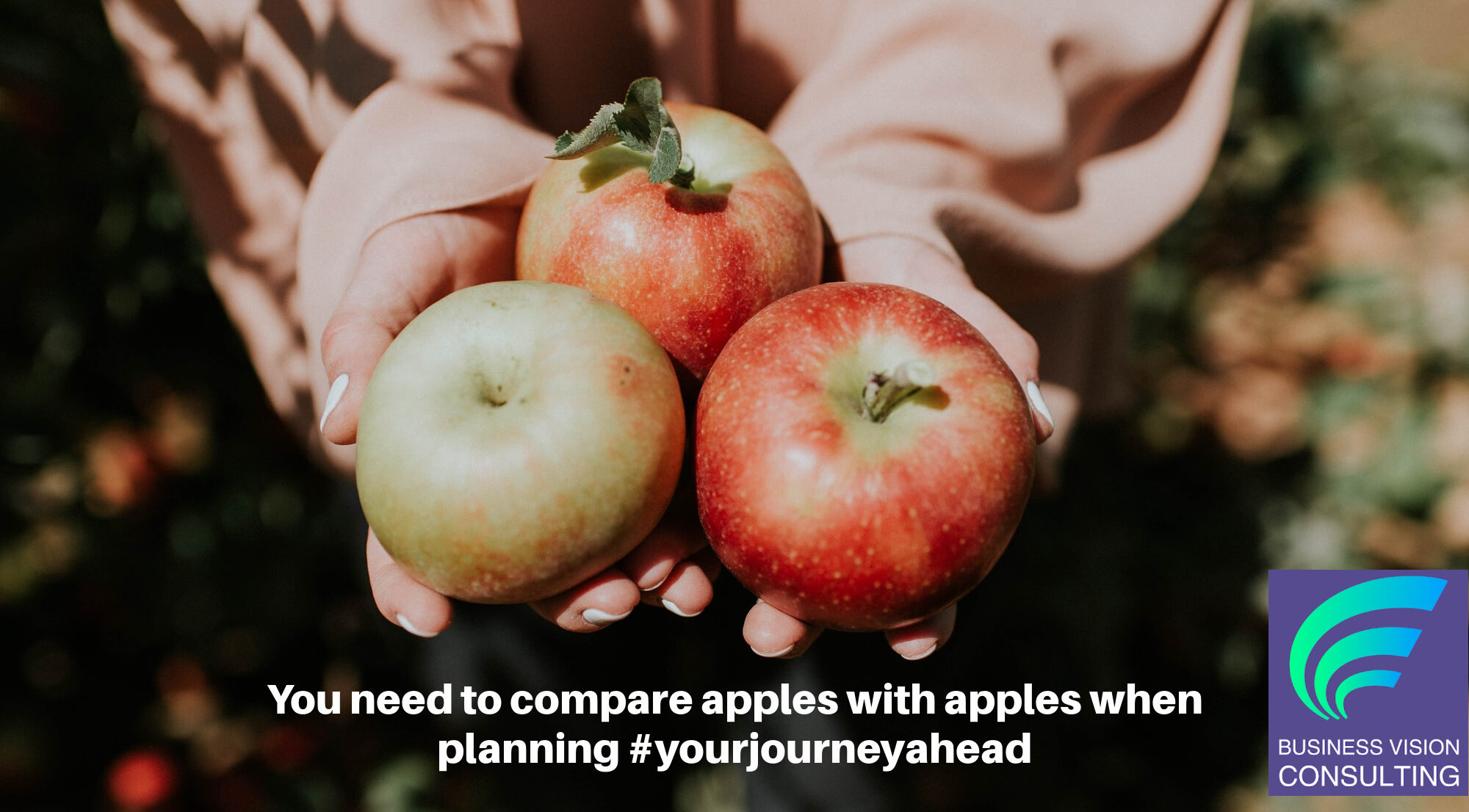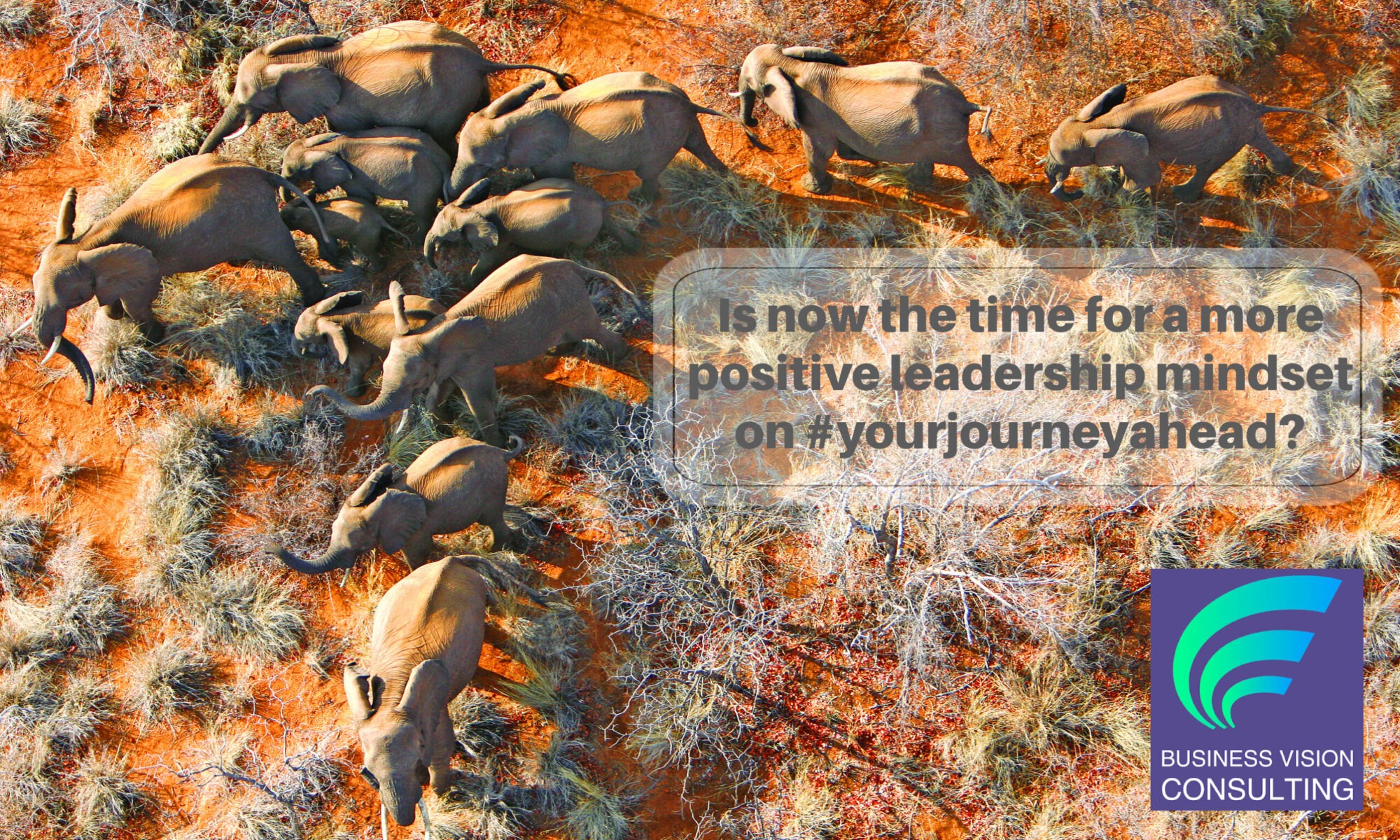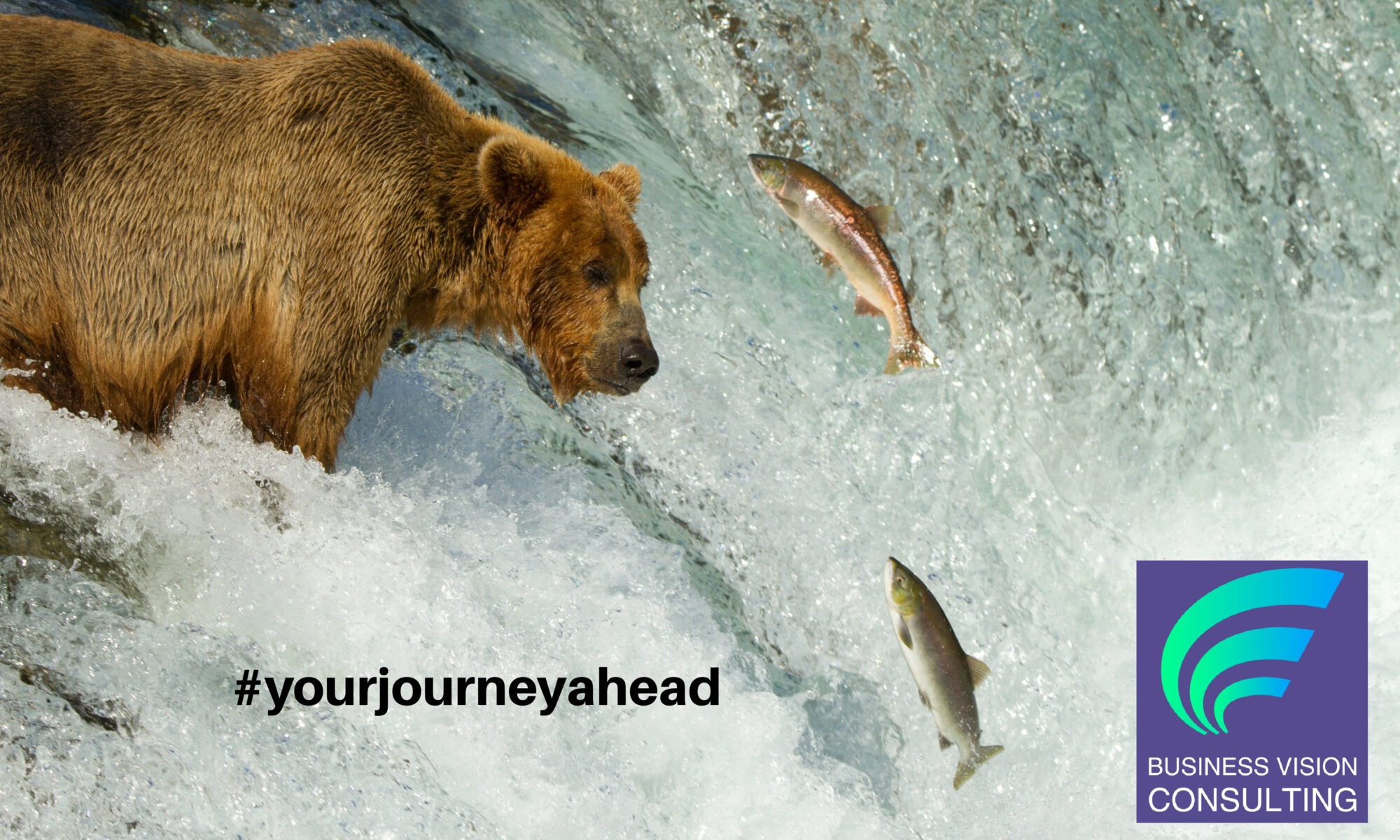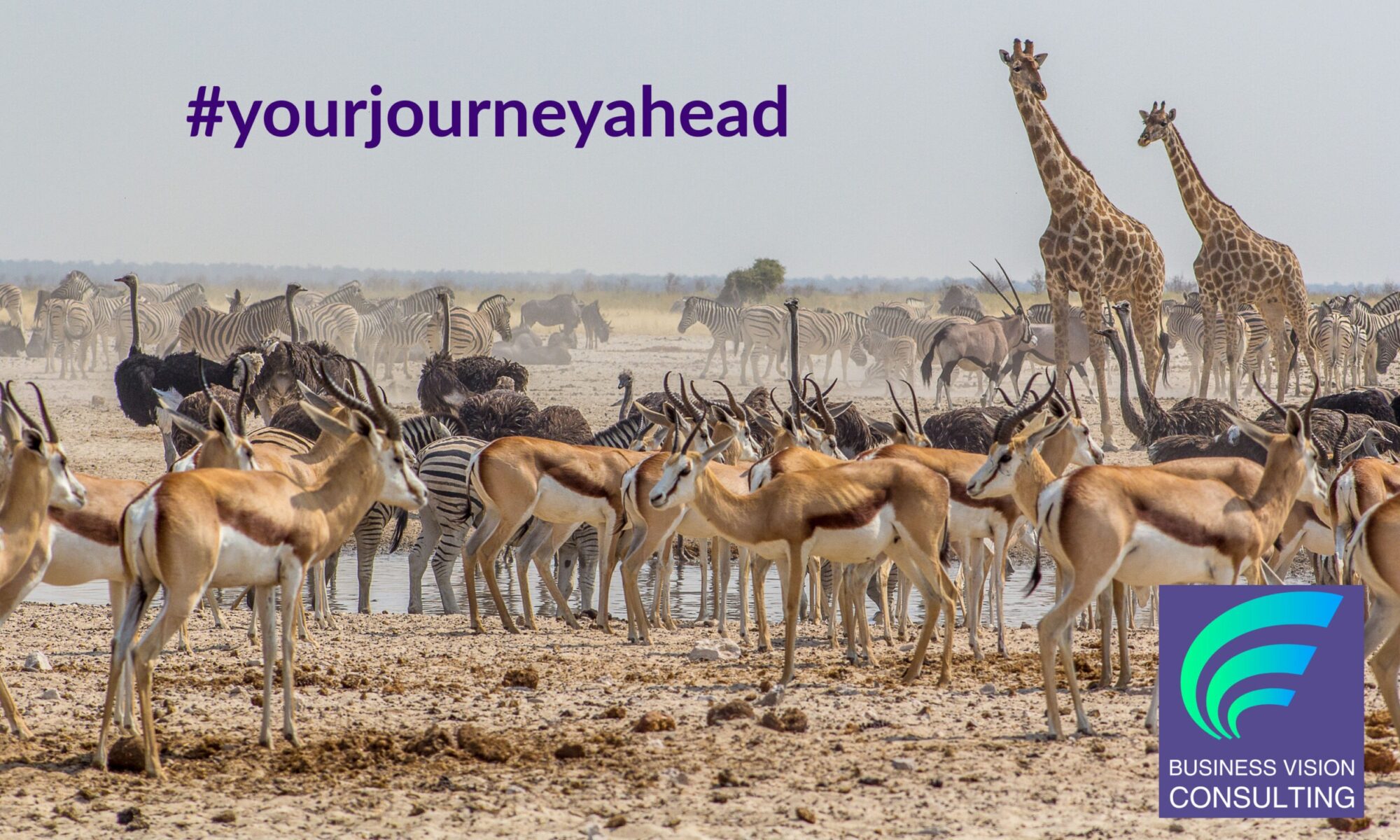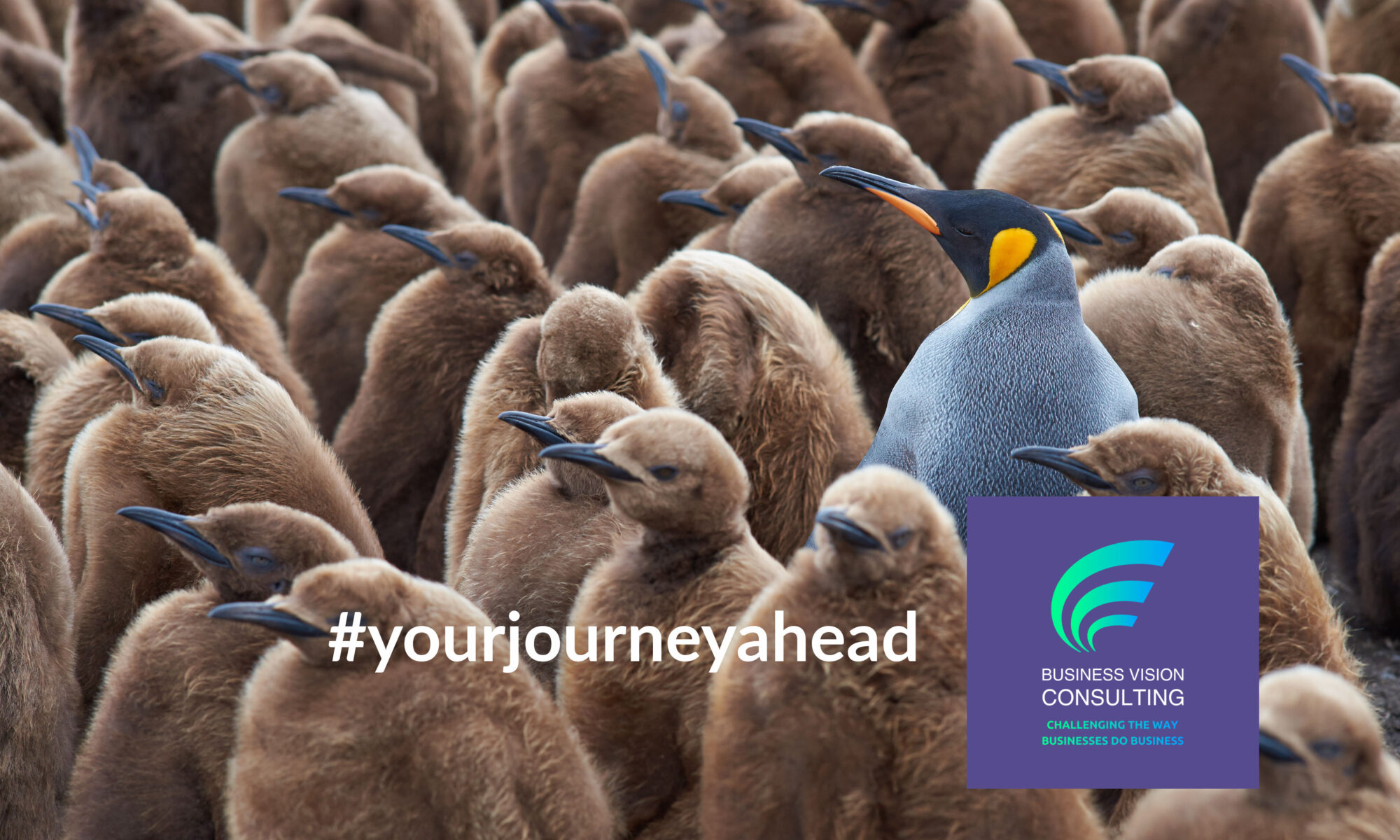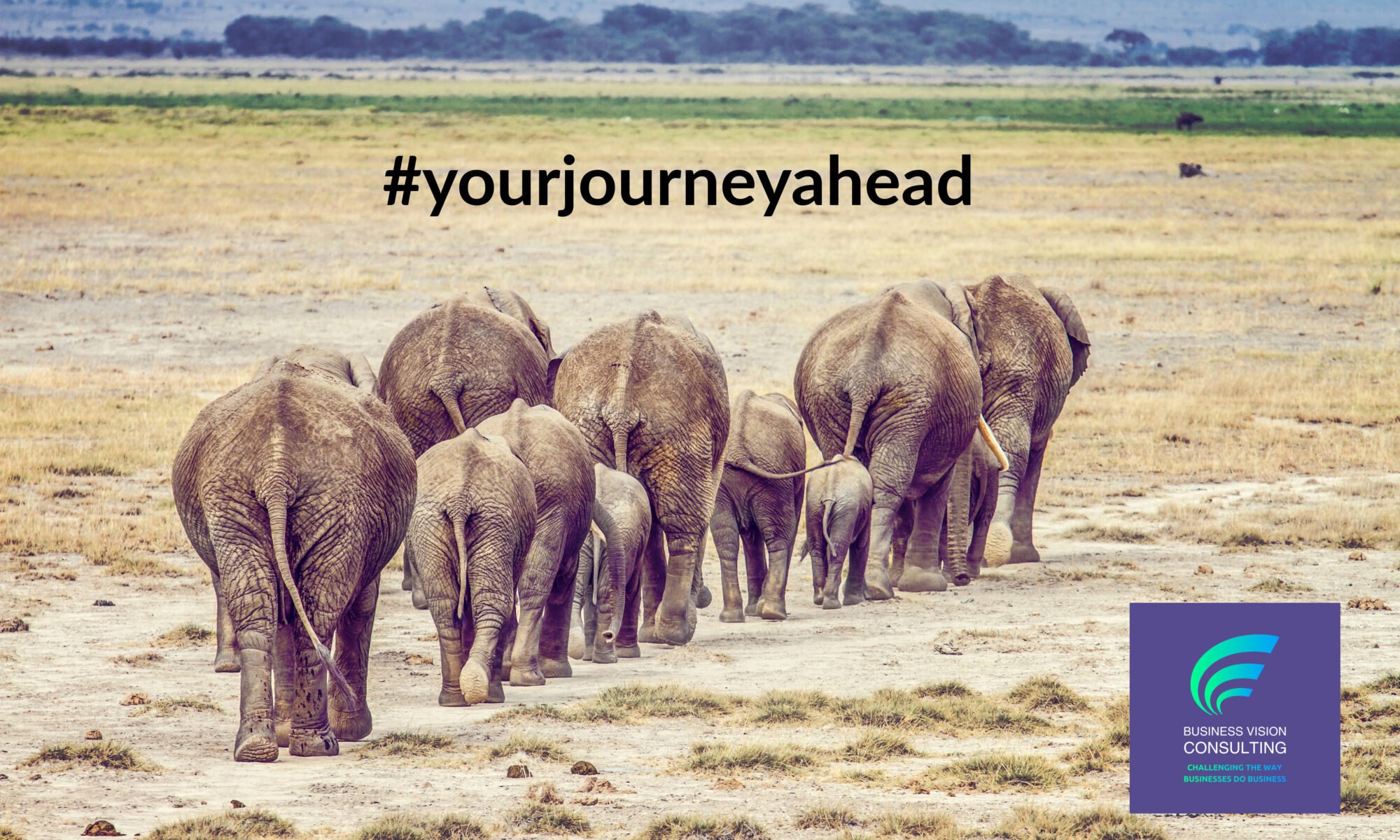I believe it’s all about your passion, honesty, openness and owning your story.
So what’s my story in trying to find success in what is a challenging and disruptive world, and why do I use nature and landscape images to illustrate my journey?
What I’m looking to do, is link my passions and what inspires me .
My core passion is all about what is around us. From an early age I’ve loved being out and about exploring the world around me. My education took me to agricultural college to study conservation and environmental management, and then I headed to university to read agricultural business studies. My passion took me to the US where I worked for Utah State Wildlife Resources as a ranger, and then onto the Massachusetts Audubon Society where I studied Box Turtles.
Then the direction of my journey took a significant turn when I found a business card on the floor of pub and decided to call the person. By taking ownership of my journey, I found my second passion – helping individuals and businesses to be relevant.
For the next 20 years I owned my journey which took me to nearly 90 countries on 6 of the seven continents – sadly there are not many businesses seeking support in Antarctica!
My journey allowed me to meet and visit with thousands of business leaders and the opportunity to listen to their stories. I’m hugely grateful and fortunate for the experiences I’ve gained on my journey to date.
In April 2020 I lost control of my journey, and to some extent my story, when others decided that I was surplus to requirement. 12 months earlier I’d decided to leave a role where I’d been for over 10 years and which I’d loved, but I felt I needed a new challenge. Do I regret my decision to leave? Absolutely not. I’ve learnt more about myself and the world around me since leaving, what in hindsight, was my comfort zone and look to challenge myself. Since last April, the opportunity to learn has only increased as I’ve looked to build my own business and ‘Brand Me’.
Many talk about B2B, B2C and other derivatives of these. My focus is on H2H. People do business with people they know, like and trust. By being open and honest about your passion(s) and story, can only help to connect you with others and to explore opportunities.
I hope my story resonates with many, and encourages them to reach out to explore how we might partner and share our journeys ahead.
So back to the question of why do I use nature and landscape pictures to illustrate my story and journey?
Firstly, I want to combine my two passions. I truly believe that we can all learn so much from both the beauty and wildness of nature, and understand how we might be impacting it in an ever increasingly negative way. Individuals and businesses alike, need to become more sustainable to remain relevant to those they share, employ and serve and the world around them on their journey ahead.
Secondly, even if for whatever reasons you don’t agree with my views, hopefully the images I use will allow you to escape your here and now, the confines of the four walls around you and your Zoomed out/Teams filled days and encourage you to simply stop and enjoy the images that don’t normally appear in a business context on social media platforms.
Regarding the picture of the Northern Carmine Bee-eaters used on this post – if you haven’t seen it already, I strongly recommend you watch BBC’s A Perfect Planet – Weather. Whatever your views on the relevance of our impact on the world around us, the story of the Bee-eaters is one that I believe resonates to the challenges we’re all facing in navigating our place and relevance in the world of today and tomorrow.
We all need to change the way we live and work to deliver our long term relevance. To achieve this we all need to own our story and journey ahead.


